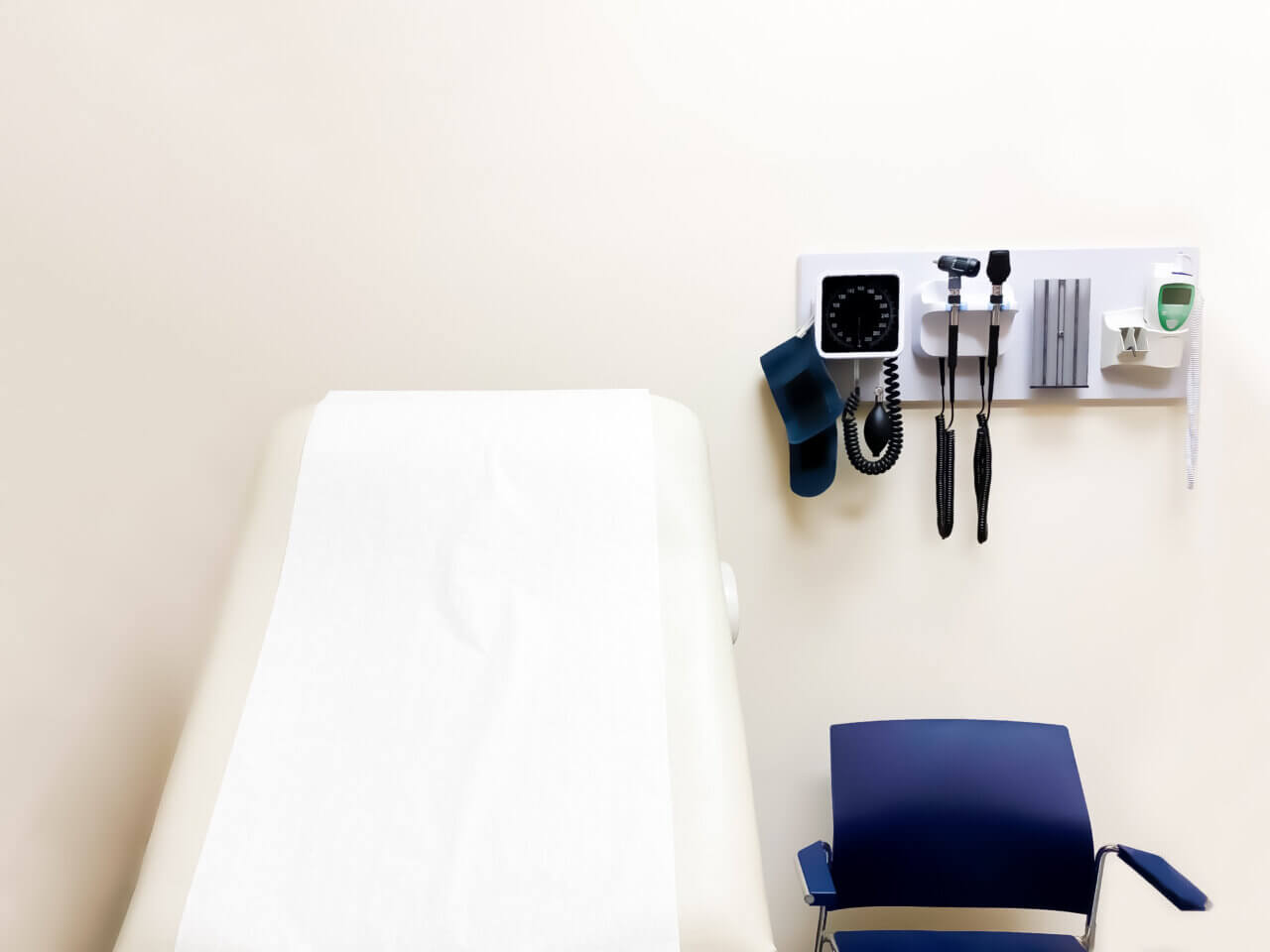Urgent Care vs. Emergency Room: What’s the Difference?

Clinically reviewed by Dr. William McClure.
You’ve suffered an injury or illness that requires prompt attention and your primary care doctor is unavailable. You may wonder whether to go to an urgent care center or emergency room. Both provide rapid treatment for medical issues, but there are some differences to consider.
When to Visit an Emergency Room
When someone experiences a life-threatening or limb-threatening medical condition, it’s essential to get to an emergency room right away or call 911 and request assistance. Some of the symptoms or injuries that require immediate treatment include:
- Chest pain or pressure
- Broken bones that break through the skin
- Sudden severe headache
- Trouble speaking, seeing, or walking
- Numbness, weakness, or paralysis in the face, legs, or arms, especially if on one side of the body
- Head injuries
- Severe abdominal pain
- Shortness of breath
- Seizures
- Eye injuries
- Drug overdose
- Poisoning
- Bleeding you can’t control
- Self-harm or attempted suicide
These are just a few examples. If you experience something not listed here and are unsure what to do, it’s best to “err on the side of caution” and go to the emergency room or call 911.
When to Visit an Urgent Care Center
Urgent care centers handle time-sensitive medical issues that occur when your primary care doctor is unavailable. Conditions that urgent care teams treat include:
- Minor cuts and burns
- Ankle sprains and other joint injuries
- Back pain
- Skin rashes, hives, etc.
- Urinary tract infections
- Bronchitis
- Persistent vomiting or diarrhea
- Earaches or ear infections
- Upper respiratory infections
Again, these are just a few examples. If you aren’t experiencing a life- or limb-threatening emergency, you may want to call your doctor’s office. They often have after-hours phone coverage to help you with the issue and advise you on the best course of action.
Urgent Care vs. Emergency Room: Hours of Operation
Emergency rooms are open 24 hours a day, every day of the year. They’re staffed by doctors, nurses, and other medical professionals trained in emergency medical care. Emergency room teams also have quick access to experts in cardiology, neurology, and other specialties.
Urgent care centers typically aren’t open 24/7 but instead have set hours of operation that include evening and weekend hours. You may be more likely to see a licensed clinician called a physician’s assistant (PA) when you visit an urgent care center. However, many centers have a physician onsite or readily available.
The type of care you need should drive your decision to go to the emergency room or an urgent care center. However, you should be aware that the cost of emergency room visits is typically significantly higher than urgent care visits.
Get Urgent or Emergency Care from Baptist Health
Baptist Health operates urgent care centers and emergency rooms. While you may never need to use those services, it’s a good idea to learn a little about them and find the facilities closest to your location.
That way, should an emergency arise, you know where to go to get prompt treatment from skilled medical professionals!
Next Steps and Useful Resources
10 Common Urgent Care Procedures
Benefits of Urgent Care
Avoid Holiday Emergency Department Visits



